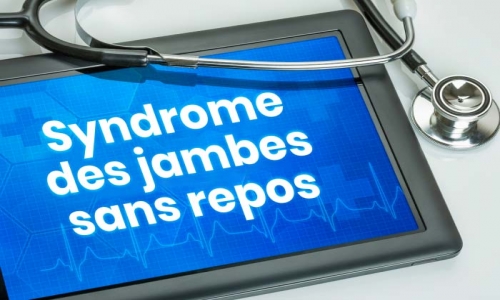17 May 2019

Fasting is a proven therapy. On the other hand, patients with chronic disease and especially those who regularly take medication, are often banned from fasting by their treating physicians, even if they feel able to do so.
Some patients may not take the impact of their decision seriously and oppose the instructions of their medical adviser who wants to dissuade them from fasting. Some people, in this case end up in emergency situations.
When Ramadan arrives, we must take into account several parameters:
―The diseases that fasting aggravates: anorexia, decompensated hyperthyroidism, epilepsy, multiple sclerosis ... are diseases incompatible with fasting because the latter may cause hypoglycemia, gastric ulcer attacks, diarrhea or constipation, etc.
―Taking medication is dangerous when you fast: some medications require their intake with food and a drink. Diuretics, laxatives and sulphonylureas should never be taken in case of fasting.
―to do Ramadan, one must be in good health. Some patients are therefore forbidden from fasting.
Diabetes as an example
Chronic diseases are numerous. In this article, we have chosen to focus on a certain population, especially young people treated with oral medications and not with insulin.
Subject to more systematic and restrictive surveillance, they are rarely allowed to fast.
To make the decision to fast or not, you must first consult your doctor, understand the medical principles to take into account, and then the precautions to take in case of fasting.
Recommendations for diabetics before Ramadan:
Diabetics who do not have to fast are those who:
―have had health problems before the month of Ramadan,
―whose blood sugar level before the month of Ramadan is not stable, and who are at risk of serious complications,
―who can not be followed correctly by a doctor for reasons of unavailability,
―who do not know how to handle a change in treatment, in the event of a disturbance or mistake,
―who do not get up before dawn to eat, drink and take their treatment at a fixed time before the fast begins.
Diabetics who can fast:
They must undergo a medical evaluation before starting the fast by measuring their blood pressure and their weight and by making a biological assessment to check their blood sugar, cholesterol, kidney function, etc. after which, the doctor will decide if they are able to fast.
Follow-up should be done throughout the month to observe the patient and possibly adapt a new drug regimen.
Side effects of drugs for diabetics:
―risk of hypoglycemia during fasting, with possible malaise, falls or comas.
―Hyperglycemia following the rupture of fasting, very serious complications such as acid-ketotic coma, thromboses and therefore myocardial infarction, stroke.
Precaution to take to fast:
―a good food hygiene including fruits and vegetables,
―avoid consuming fat and / or sweet,
―drink at least a liter and a half of liquid,
―do a physical activity that suits your age and your fashion of life.
―split the meals and delay the morning meal as much as possible;
―in the morning, drink a lot and stock up on slow sugars (wholemeal bread, cereals).
―to control the blood sugar during the day,
―to sensitize the entourage.
―contact your doctor if there is evidence of dehydration lasting more than half an hour: intense thirst, darker and strong smelling urine, dizziness, tiredness or even fainting, headache, diffuse pain.
―If you do not feel well on the first day of the fast, it is better not to insist...
Moreover, a medical evaluation after the end of Ramadan is advised. It would allow to observe the impact of the fast on one's balance sheet, its weight and the general state of the patient.




